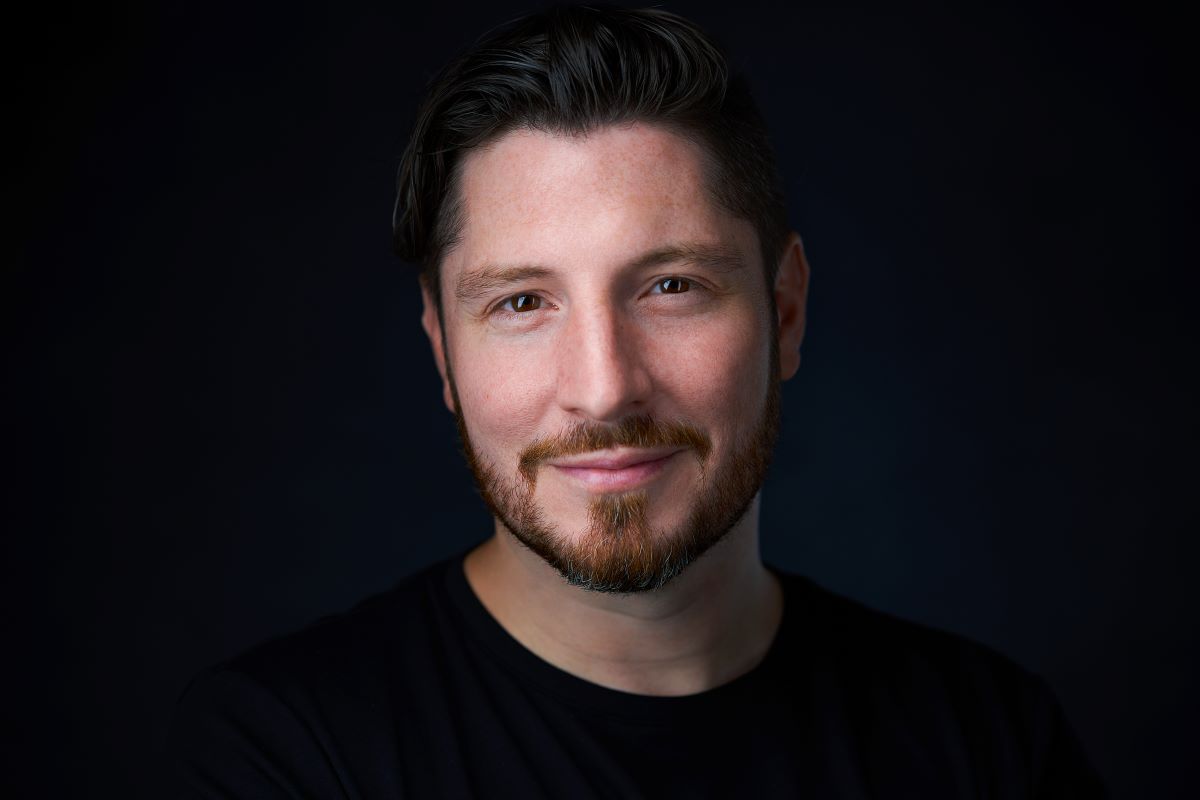Since the public launch of ChatGPT in late November 2022, there has been a lot of concern about its use, with predictions that it will imminently replace the human workforce.
So what’s the deal with the uptick in human jobs with “AI” in the title? Aren’t the robots going to be doing it all autonomously?
Well, no. Not for a long time, anyway. AI as we know it is highly dependent on humans, as is its use in just about any industry you can think of.
The rise of ‘future technologies’
Back in 2020 — two years before ChatGPT and its generative AI cousins would be launched for the public — the World Economic Forum predicted that the rise of AI and other so-called “future technologies” like extended reality and drone technology will create 97 million new jobs globally by 2025. That’s more than the predicted 85 million jobs that will be displaced by automation.
A lot of these jobs already exist, as a quick search of most job boards will show you. But what do these jobs entail, and how should you prepare for work in a future tech world?
Dan Diasio is a global artificial intelligence consulting leader with professional services company EY in New York City. With a job title like that, we thought he’d be a good person to ask about AI jobs, including what they are and where you’ll find them.
Diasio’s job is to help clients build AI into their businesses and strategize how his own company can provide AI services more effectively. AI — which Diasio calls “augmented intelligence” — is a big part of his job, and it may become a big (or bigger, at least) part of yours, too.
AI will be core to everyone’s job
AI jobs might seem super futuristic, but AI itself is not all that new. It was effectively born in 1950 with the publication of Alan Turing’s “Computer Machinery and Intelligence.”
“AI is the hot topic these days, but it’s been a hot job in the tech community for over a decade now,” Diasio told Technical.ly. “It’s just been called different things — it might have in the past been called a machine learning job or a data science job. So it’s not entirely new.”
What is relatively new is the broad democratization that has been happening since the start of widespread access to generative AI tools like ChatGPT and DALL-E.
“What we are starting to find is that being able to use AI is going to be core to everybody’s job,” Diasio said. “Everybody’s job will probably involve knowing how to work with AI in some way, shape or form.”

Dan Diasio. (Photo courtesy of M Booth)
Preparing for an AI job
Right now, if you search for “AI” through a job board like LinkedIn or Indeed, most of the jobs that come up are senior or director roles that require a master’s or a doctorate in computer science and experience in developing AI. But as AI becomes more democratized, jobs of all kinds will use it.
Learning to use it is already being built into job training at some companies.
“Being proficient in AI is not left to the people that are programmers,” Diasio said. “Some of our designers, people that have no programming experience, can get the best outcomes and have the best ideas working with generative AI.”
Continuing education, whether it’s on-the-job training, virtual classes or a master’s program, may be offered or paid for by your company. If it is, it could be good for your career trajectory to take it.
The human factor
AI doesn’t have ethics. It isn’t innately trustworthy. It will steal and plagiarize. It makes mistakes. It’s when AI works with humans that it works, according to Diasio.
“If we just allow the systems to run autonomously, we’re going to find that not only are they incorrect, through the construct of hallucinations, but in addition, we’ll find that many times we are exposing ourselves to risk around bias,” Diasio said.
AI + unethical humans can lead to bad outcomes, but AI with no human leads nowhere.
The emergence of new AI tasks
One of the big things AI can do, and will keep getting better at, is making work more efficient.
“So many of the jobs today were created around the capacity bandwidth that we have,” said Diasio. “If you think about many jobs, they happen on a monthly basis: Do this once a week or do this once a month. And it’s because we couldn’t ask somebody to do that every day because they don’t have enough time. But if you rethink how that process works, then you might be able to do it every day, supported by AI, and that might be able to get to a much better outcome.”
How AI becomes integrated into the well-oiled machine of a job is a job in itself, he says.
“It takes people that are experienced with the technology to apply that creativity to reimagine their work — and the reimagining of work is going to be the hot job.”
Join our growing Slack community
Join 5,000 tech professionals and entrepreneurs in our community Slack today!
Donate to the Journalism Fund
Your support powers our independent journalism. Unlike most business-media outlets, we don’t have a paywall. Instead, we count on your personal and organizational contributions.

Mayor Bowser: Tech can help DC build a stronger, more self-sufficient economy

Comcast introduces ultra-low lag Xfinity internet that boosts experiences with Meta, NVIDIA and Valve

Maryland firms score $5M to manufacture everything from soup to nanofiber



